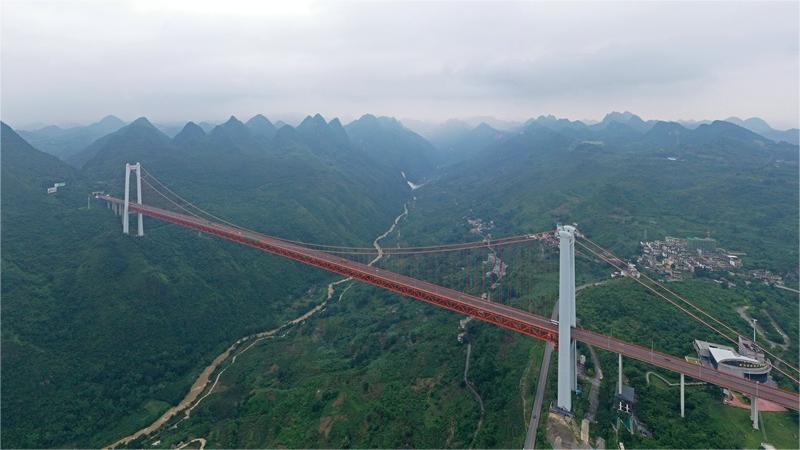Leaders speak highly of SCO's positive contributions to security, development, stability
ASTANA, July 5 (Xinhua) -- At the 24th Meeting of the Council of Heads of State of the Shanghai Cooperation Organization (SCO) held here on Thursday, leaders of many participating countries spoke highly of the positive contributions made by the SCO to security, development and stability.
Belarus' accession to the SCO is a wonderful gift to the Belarusian nation, said Belarusian President Alexander Lukashenko.
"We're deeply convinced that it is necessary to build true and indivisible global security in the 21st century. At the same time, the initiative should be taken by the countries of the global majority," Lukashenko said, adding that the West was not capable of this.
"It is in our power to destroy the walls of the unipolar world, to feed people, eliminating many contradictions and conflicts due to social inequality, food shortages and resources," he said.
Kazakh President Kassym-Jomart Tokayev said the SCO has become an effective mechanism of interstate relations, operating on the basis of the "Shanghai Spirit," which features mutual trust, mutual benefit, equality, consultation, respect for diversity of civilizations and pursuit of common development.
Tokayev emphasized the need for the SCO to enhance its stabilizing role to counter the erosion of international law, prevent geopolitical tensions and ultimately strengthen peace and security on a global scale amidst current global challenges.
He also underscored the significance of synergizing the China-proposed Belt and Road Initiative with the Trans-Caspian International Transport Route and others.
Given the current global conditions marked by rapid and irreversible changes, the proactive stance of the SCO in international affairs is unquestionably highly sought after, said Russian President Vladimir Putin.
Noting that the multipolar world has become a reality, Putin said more and more countries are speaking out for a fair world order and are ready to resolutely uphold their legitimate rights and protect traditional values.
It is firmly believed that the SCO and BRICS are the main pillars of this new world order, he said, adding that these associations are powerful drivers of global development processes and the establishment of genuine multipolarity.
The more the SCO strengthens its authority and influence, the more attention it attracts from other states and international structures, he said.
Uzbek President Shavkat Mirziyoyev said that in such challenging conditions, it is vital to maintain and further strengthen the commitment to the basic principles of the SCO, which have ensured the organization's current success, high international profile, and stabilizing role in international affairs.
It is essential to continue strictly adhering to the fundamental principles of the "Shanghai Spirit," he added.
Pakistani Prime Minister Shehbaz Sharif reiterated his country's commitment to the SCO charter and principles in his address at the meeting, calling for collective action under the SCO platform for achieving socio-economic development.
Advocating for enhanced connectivity within the region through efficient transport corridors and reliable supply chains, Sharif said that Pakistan is the ideal trade conduit for the region and the China-Pakistan Economic Corridor supplements the SCO's vision of regional connectivity and integration.
Tajik President Emomali Rahmon highlighted regional security concerns and stressed the necessity for SCO member countries to continue working together to combat terrorism and extremism, as well as transnational organized crime, including drug trafficking.
Calling for continued efforts to assist the Afghan people, Rahmon said that the shared interests of SCO member countries lie in ensuring peace, stability, and security in Afghanistan.
Iran's Interim President Mohammad Mokhber said the SCO offers great opportunities for cooperation in the fields of trade, production, energy, transportation, agriculture, customs, and telecommunications, as well as the development of technology which should be used for the benefit and the welfare of nations and the establishment of sustainable peace in the region and around the world.
Iran is strongly opposed to the use of political tools, especially unilateral sanctions in the field of energy, and as a major producer of energy resources, especially oil and gas, it has always followed the policy of multilateralism in the field of energy, Mokhber said.
Iran fully supports the use of national currencies and increasing their share in the settlement of trade between SCO member countries, he said.
Photos
Related Stories
- Belarus supports 3 key China-proposed initiatives, consensus on political settlement of Ukraine crisis
- SCO nations urged to strengthen ties
- Erdogan says Türkiye appreciates China's significant contributions to promoting world peace
- SCO boosts agricultural bonds between China, Central Asia
- Ties with SCO partners praised
Copyright © 2024 People's Daily Online. All Rights Reserved.









